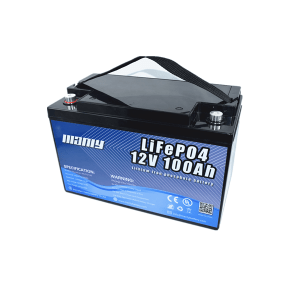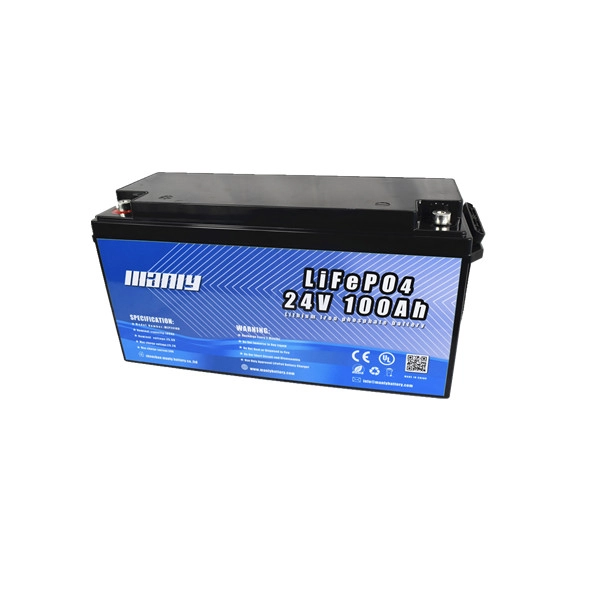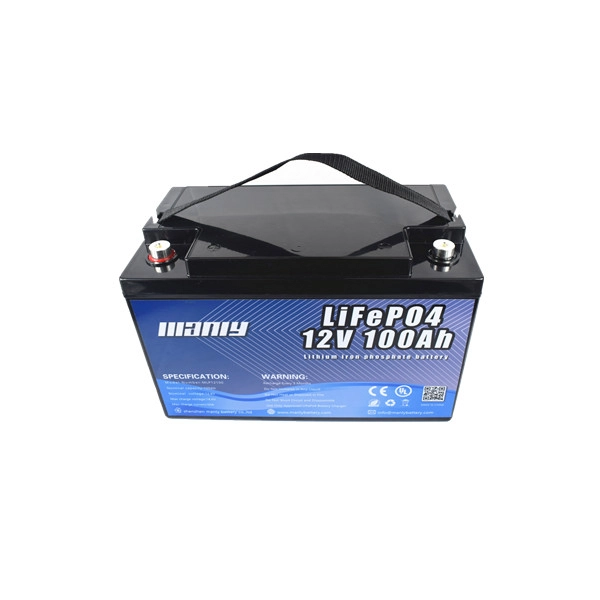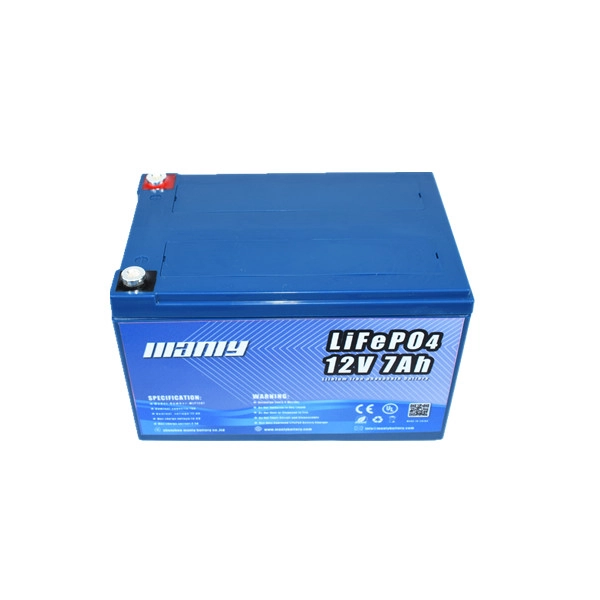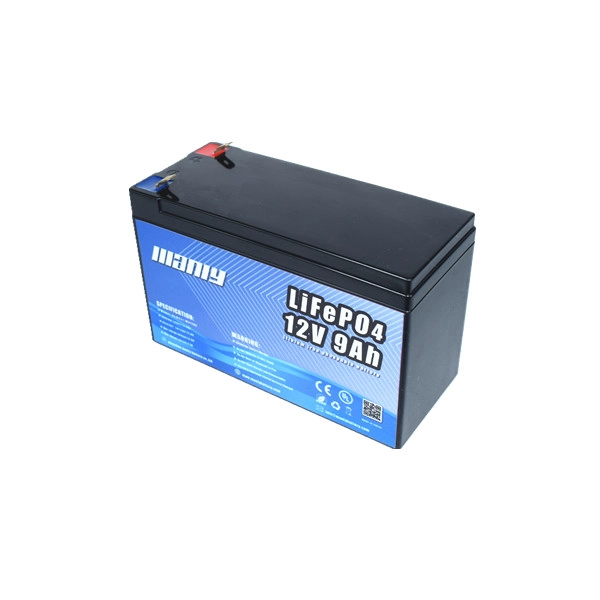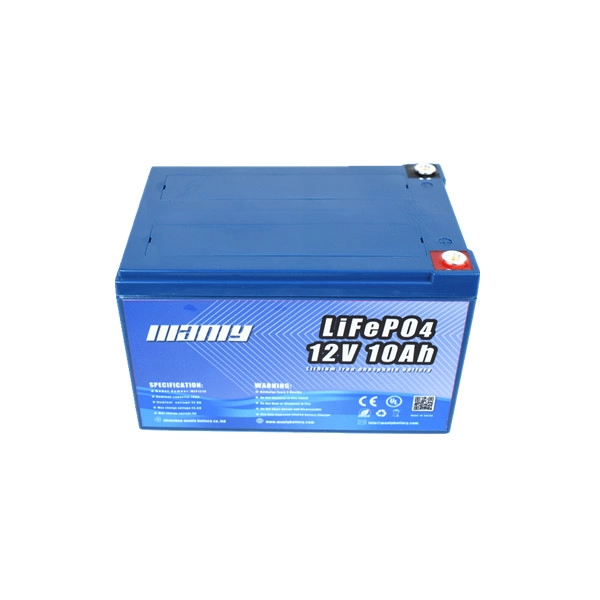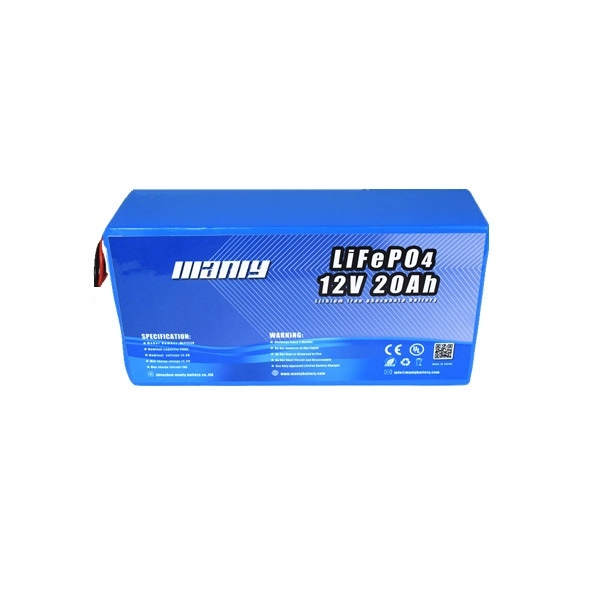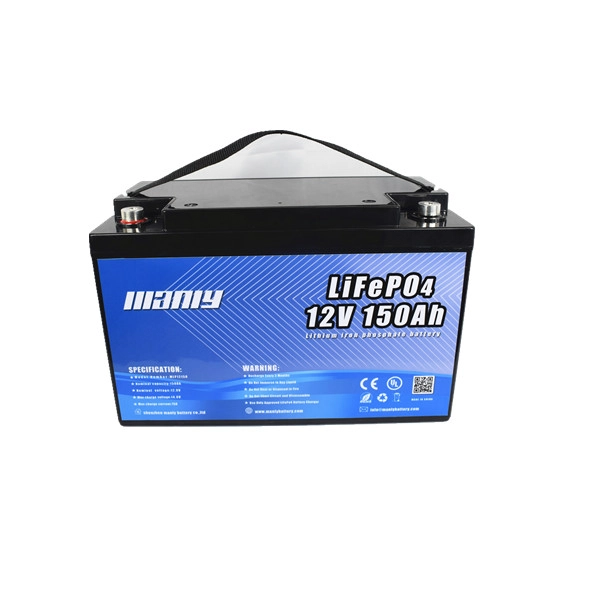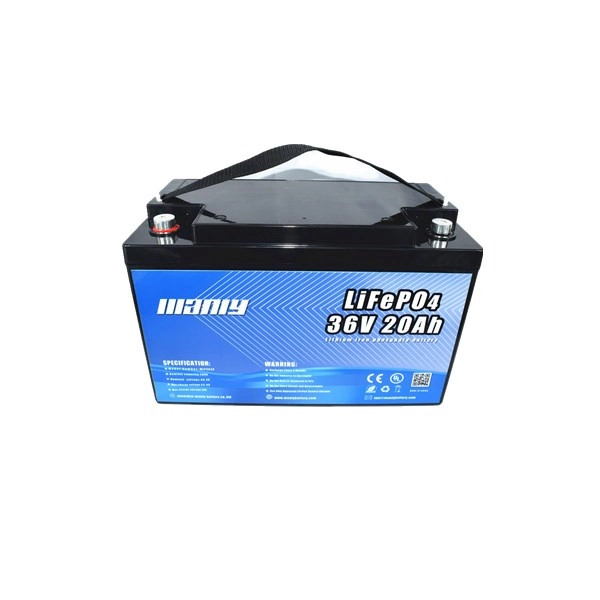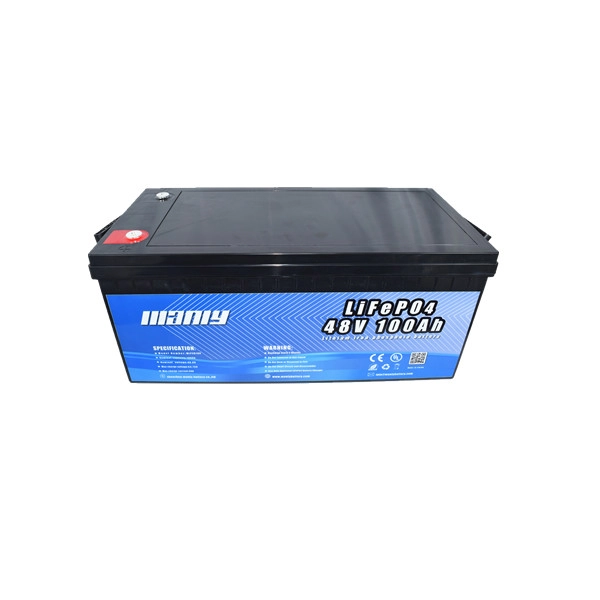Are LiFePO4 Batteries Safe?
Table of Contents
What is a LiFePO4 Battery?
A lithium iron phosphate or LiFePO4 battery uses lithium iron phosphate as the positive electrode material. This gives the batteries some key advantages over other lithium-ion battery chemistries:- Improved thermal and chemical stability - LiFePO4 does not easily overheat or catch fire even when damaged. This makes them much safer than standard lithium-ion batteries.
- Longer lifetime - LiFePO4 batteries typically last over 2,000 charge/discharge cycles. This gives them about twice the overall lifespan of regular lithium-ion batteries.
- Good performance - LiFePO4 provides strong voltage (3.2V nominal) and efficiency comparable to cobalt-based lithium-ion batteries. The tradeoff is they have slightly lower energy density by volume.

LiFePO4 Safety Features
LiFePO4 batteries have both passive and active safety mechanisms to help prevent issues like overheating, fire, or explosion:Passive Safety:
- Thermal stability - LiFePO4 does not easily overheat or decompose, meaning the risk of dangerous thermal runaway is greatly diminished.
- Non-flammable electrolytes - The electrolyte is typically a mix of non-flammable solvents rather than the flammable organic solvents used in normal lithium-ion batteries. This eliminates a major fire risk.
- No oxygen release - LiFePO4 is very stable during charging/discharging, so there is no release of oxygen, which could intensify fires.
- Mechanical robustness - LiFePO4 electrode materials are held together firmly in the cell, helping prevent internal shorts.
Active Safety:
- Current interrupt device (CID) - If the internal cell pressure rises excessively, a CID will cut off electric current flow, preventing further overheating.
- Battery management system (BMS) - Monitors voltage, current and temperature in real-time to detect abnormal activity and prevent issues before they escalate. Can safely shut down the system if needed.
- Many LiFePO4 battery packs also include extra safety features like fire retardant coatings or suppression devices, pressure relief valves, fuse/circuit protection, and durable outer casings.
Testing and Certification
Extensive testing helps ensure the real-world safety and reliability of LiFePO4 batteries:- Quality components - Reputable battery manufacturers use high-grade cathode and anode materials, electrolytes, separators, casing materials and electronics. This reduces the risk of contaminants, impurities, internal shorts, and other defects.
- Safety testing - LiFePO4 cells and packs must pass abuse tolerance tests defined by standards organizations. This includes overcharge/discharge testing, short circuit testing, crush/impact/shock/vibration testing, and more.
- Third-party certification - Most LiFePO4 manufacturers seek International Electrotechnical Commission (IEC) certification to prove their designs meet all major safety and performance benchmarks. Popular standards are UN 38.3 for international transport, UL 1642 for consumer use, and IEC 62619 for industrial lithium batteries. Certification is issued by independent testing labs like TÜV SÜD.
Real-World Safety Record
Are LiFePO4 batteries safe with real-world applications? With over a decade of commercial use, LiFePO4 batteries have built up a strong safety track record:- Very few reported fires or failures
- Successfully powering many demanding applications
- Gradual failure modes

Are LiFePO4 Batteries Completely Safe?
Despite impressive strides in safety, no lithium battery is absolutely 100% safe, including LiFePO4. Like anything that stores and releases significant electric energy, they must be treated with proper caution:- Overheating/fire triggers still possible
- Still contain some flammable components
- User education important
- Quality control &\unsigned regulations still maturing
Final Words
Are LiFEPO4 batteries safe? As you can see, the LiFePO4 technology has very sound fundamental safety properties compared to lithium-ion alternatives. But some negligible risks still exist if users become overconfident because of its excellent track record so far. Following safety protocols and only buying quality-controlled cells/packs keeps that risk low. Also keep in mind to buy high-quality LiFePO4 batteries from a place that you can trust. Manly Battery can help you with that.Adhering to these simple rules allows consumers to benefit from the major safety advantages of LiFePO4 over conventional lithium-ion batteries. Users can then deploy LiFePO4 innovation in a wide array of cutting-edge applications with greater confidence and peace of mind.FAQ
1. What are the risks of LiFePO₄ batteries?
Although lithium iron phosphate (LiFePO₄) batteries are renowned for their stability and safety, they are not entirely without risk. Key points include:- Thermal & Electrical Abuse: Misuse (for example, overcharging, deep discharging, or exposure to extreme temperatures) can lead to degradation or—even in rare cases—a thermal event.
- Mechanical Damage: While LiFePO₄ cells are less likely to ignite if punctured or physically abused, significant damage can still impair performance or lead to abnormal behavior.
- Improper Use or Maintenance: Without a proper Battery Management System (BMS) or if manufacturer guidelines aren’t followed, even these robust batteries can face issues such as reduced cycle life or, in worst cases, safety concerns.
2. Is LiFePO₄ safer than lithium-ion?
Yes. LiFePO₄ batteries are a type of lithium‑ion battery, but their unique chemistry makes them inherently safer than many conventional lithium‑ion types. Their advantages include:- Enhanced Chemical Stability: The strong phosphorus‑oxygen bonds in LiFePO₄ create a more robust cathode that is less susceptible to overheating or thermal runaway.
- Lower Fire Risk: Compared to lithium‑ion batteries that use cobalt‑based or NMC (nickel manganese cobalt) chemistries, LiFePO₄ cells are far less prone to igniting or venting hazardous gases.
- Integrated Protection: They are typically paired with advanced BMS features that continuously monitor temperature, voltage, and current, adding another layer of safety.
3. Are LiFePO₄ batteries safe indoors?
In general, LiFePO₄ batteries are considered safe for indoor use—provided they are correctly installed, maintained, and monitored. Key factors include:- Stable Chemistry: Their non‑flammable electrolyte and robust thermal properties lower the fire risk compared to many other battery types.
- Proven Indoor Applications: Many home energy storage and off‑grid systems rely on LiFePO₄ batteries indoors with proper ventilation and safety measures in place.
- Proper Use is Essential: Always follow the manufacturer’s guidelines, use the correct charger, and ensure a functional BMS is in place to help manage potential issues.



